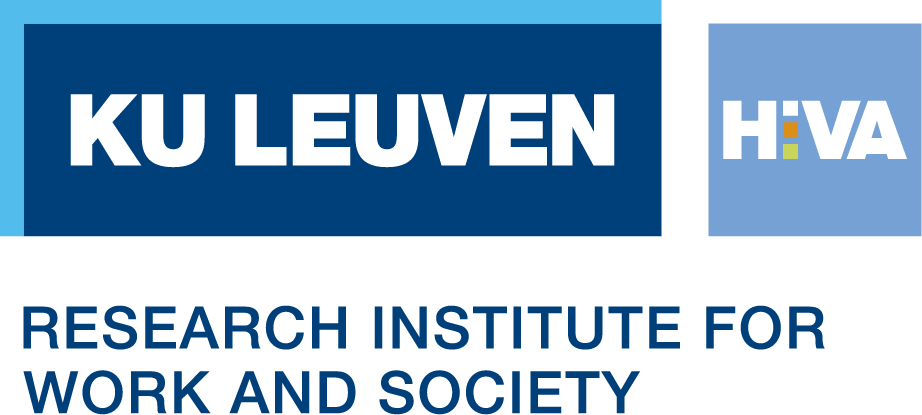Research design
LAMARTRA is a 3-year BELSPO-funded project.
It responds to the lack of comprehensive insights into interlinked ‘labour’ and ‘low-carbon’ transitions. The methodology comprises conceptual work, empirical analysis, interdisciplinary synthesis, and interactions with stakeholders.
The project revolves around the development of integrative understanding and policy mixes for the ‘dual transition’ [work package 2].
Next to transitions analysis, this task is informed by three strands of empirical in-depth analysis [wp3, wp4, wp5]. The research is valorised in the form of LAMARTRA policy mixes [work package7].
Main
research
questions
How to understand the ongoing and future developments of the low-carbon and labour transitions ?
Which governance strategies can be envisioned in Belgium to ensure the joint pursuit of climate targets and ‘just’ work and employment ?
- MAP the profile of workers (in carbon-intensive industrial companies and in other salient sectors). The analysis will be particularly attentive to ‘vulnerable workers’ (e.g. low-skilled, women, migrants) and will evaluate regional variation in worker profiles.
- ELABORATE foresight scenarios and organize associated backcasting with key stakeholders. This will disclose the range of possible and desirable futures regarding low-carbon/labour transition in the salient sectors.
- ENGAGE with and analyse the workplace politics of the low-carbon transition in the salient sectors.
- IDENTIFY dynamics, challenges and strategies of transitions governance in the salient sectors. This also involves comparison against reference cases in other countries.
- DESIGN appropriate policy mixes for the bridging between the ‘two transitions’. This is informed by an interdisciplinary analysis of new empirical evidence and integrative discussion of governance implications.
Associated
research
objectives
Lamartra
work
packages
The project revolves around the development of integrative understanding and policy mixes for the ‘dual transition’ [work package 2].
Next to transitions analysis, this task is informed by three strands of empirical in-depth analysis [wp3, wp4, wp5]. The research is valorised in the form of LAMARTRA policy mixes [work package7].













